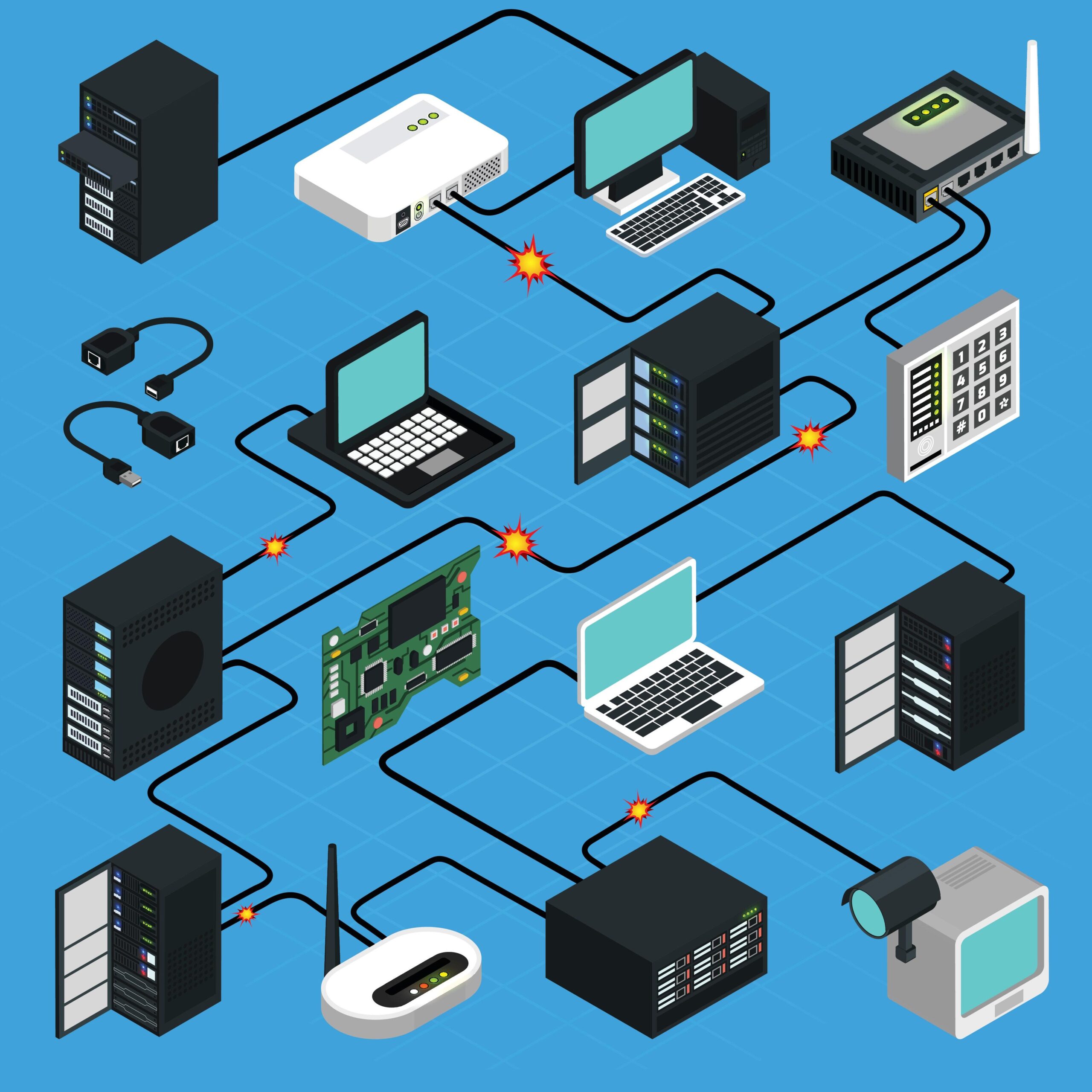‘Largest Botnet Ever’ Tied to Billions in Stolen Covid-19 Relief Funds
In a shocking revelation, cybersecurity experts have discovered that the “largest botnet ever” has been responsible for stealing billions of dollars from Covid-19 relief funds across the globe. This massive network of hijacked computers has become an alarming threat to both individuals and governments, jeopardizing the help that is desperately needed during these unprecedented times.
Botnets are networks of compromised computers that are under the control of hackers. These nefarious individuals gain control over unsuspecting users’ computers, also known as “zombies,” by infecting them with malicious software or utilizing other tactics. Once a computer is compromised, it becomes a part of the botnet and can be utilized to carry out various illicit activities, including stealing sensitive information and launching large-scale attacks.
As the Covid-19 pandemic engulfed the world, governments swiftly implemented relief programs to support struggling businesses and individuals affected by the crisis. Unfortunately, these funds have increasingly become a target for cybercriminals. The newly discovered botnet, which cybersecurity researchers have dubbed “Goliath,” has specifically targeted Covid-19 relief funds, siphoning off billions of dollars that were meant to alleviate the economic strain experienced by millions of people.
The size and complexity of the Goliath botnet are unprecedented. It is estimated to consist of millions, if not tens of millions, of hijacked computers from various countries. Its scale and scope indicate a level of sophistication that surpasses anything seen before in the realm of botnets.
Experts believe that the Goliath botnet originated from an Eastern European hacking group known for its involvement in other large-scale cybercrimes. The group’s specialization in financial fraud and its ability to develop complex malware allowed them to infiltrate computer systems, gain access to sensitive financial information, and divert funds meant for Covid-19 relief efforts.
The stolen relief funds were transferred into hard-to-trace digital accounts, making it challenging for law enforcement agencies to recover the stolen money. The hackers took advantage of the chaotic and urgent nature of the relief programs, exploiting weaknesses in the financial systems that were hastily established to assist those affected by the pandemic.
The impact of this inexcusable criminal activity cannot be overstated. Covid-19 has brought enormous challenges for individuals, businesses, and governments worldwide. Governments are already grappling with economic downturns and stretched resources. The theft of billions of dollars from relief funds exacerbates these issues, hindering recovery efforts and leaving the most vulnerable individuals without the necessary support.
To combat this unprecedented threat, governments must reinforce their cybersecurity measures. In addition to bolstering their digital infrastructure, authorities need to take proactive steps to educate individuals and businesses about the risks associated with online activities. This includes promoting best practices such as regularly updating software, using strong and unique passwords, and being cautious while clicking on suspicious links or downloading attachments.
International cooperation is also crucial in tackling this global menace. Governments and law enforcement agencies must collaborate to share intelligence, trace financial transactions, and bring these cybercriminals to justice. The magnitude of the Goliath botnet demonstrates the necessity for a coordinated and collective response to combat such cyber threats effectively.
The discovery of the largest botnet ever unveiled a deeply concerning aspect of cybercrime during a time of crisis. As we grapple with the devastating effects of the Covid-19 pandemic, it is disheartening to witness criminals taking advantage of the situation for their own gain. The fight against such cybercriminals requires a united front, with governments, cybersecurity experts, and individuals all playing their part to fortify our digital defenses and protect the vulnerable from falling prey to these insidious threats. Only through these collective efforts can we hope to bring an end to such widespread cybercrime and safeguard our global society from future attacks.

